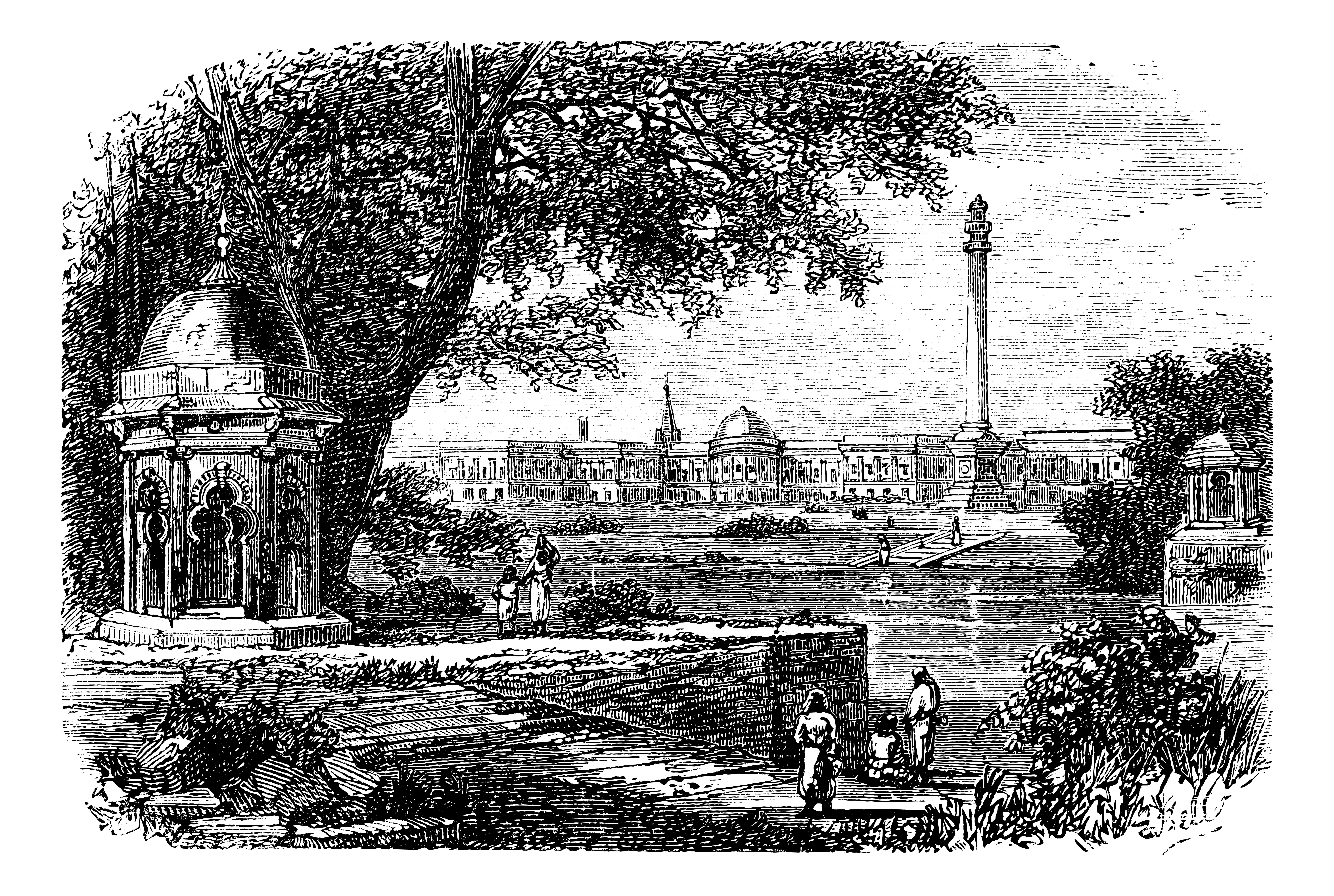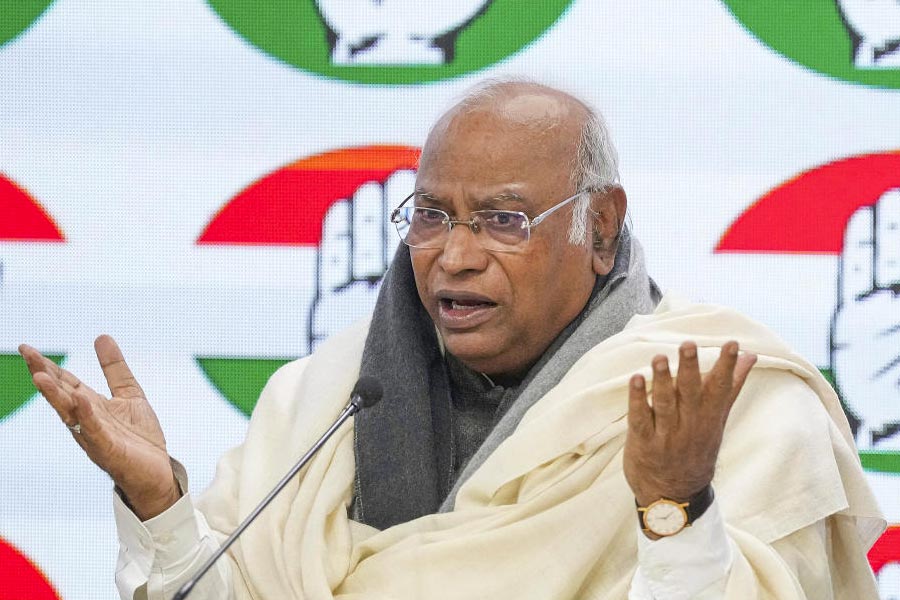A Study in Scarlet, the first adventure of Sherlock Holmes, arguably the world’s most famous fictional detective, appeared in 1887. The same year, R. Reid, a sleuth in real life, wrote Every Man His Own Detective!, compiling his experiences of policing and crime in late-nineteenth-century Calcutta. Reid worked as a superintendent in the detective department. Among his achievements, the book notes, was the fact that he had been entrusted “with the duty of guarding the person of ‘England’s Future King’ [Albert Edward] during the whole period of His stay at the Capital of India [Calcutta] in 1875-76.”
Reid’s work can be looked at in many ways. For instance, it offers a reliable and fascinating map of the physical contours of, as well as the nature of surveillance in, Calcutta then. Most of the crimes that Reid records are reported from the precincts of Loudon Street, Park Street, Russel Street, Waterloo Street, Pollock Street, the Maidan — the city centre, the proverbial White Town, was Reid’s fief. The case involving the poisoning of Pereira, “belonging to the better class of East Indians”, takes Reid, for once, to a southern suburb, but it remains unnamed. The boundaries of policing — emblematic of the boundaries of city and civilization in the colonial imagination — that Reid reveals involuntarily expose a discrepancy that remains integral to post-colonial surveillance networks as well: some parts of the metropolis are better administered than others even today. This opens up an intriguing line of investigation: are structural inequalities and the resultant violence produced consciously, by choice? Elleke Boehmer and Dominic Davies explore this strain magisterially in Planned Violence, published over a century after Reid’s work.
Reid probably meant Every Man to be read as a text to sharpen the eyes of aspiring detectives. He lays great emphasis on physiognomy in his art of detection. (Charles Dickens, “the greatest observer of men and manners of the age in which he lived and wrote” was Reid’s hero.) “[T]he face,” Reid thus writes, “is an unerring index to the human heart.” Every Man includes several instances of Reid solving cases by observing changes in the facial expressions of suspects. For example, the shifting eyes of Colonel Burne’s sirdar-bearer give him away in one of the mysteries documented in a chapter titled “Domestic Thefts”.
Reid seemingly subscribed to every conceivable form of prejudice that had clouded the vision of his colonial peers, notwithstanding his insistence on the instruments of cold reasoning — facts, observation, calligraphy. It may not be a coincidence that Reid’s suspects are seldom British. Two “Native Christians”, Nobin and Koylas, are the villains in the grisly slaying of a woman in “The Cathedral Murder”; Nasseem Shallome Gubboy, a Jew, and the “disreputable” Ezekiel Shurbanee, kill Leah Judah in 1868 by inflicting grievous wounds after tying her legs together in “Pollock Street Tragedy”; Kingsley, who Reid initially suspects of murdering Rose Brown, is a ‘degraded European’; even the chinchke chor, often a beloved creature in Bengali fiction, does not escape Reid’s insolence — “I may say, the Bengalee thief is the most timid, cowardly, and superstitious creature on the face of the earth.”
Ironically, Reid’s prejudice turned him into a critic of social taboos, even though he remained oblivious to his own preconceptions. He was scathing in his comments on the connivance between the State and the votaries of orthodoxy. He denounced the imperial government’s reluctance to support the remarriage of widows and crack down on the tradition of excommunicating those who chose to defy regressive customs. “[B]ut here… something might be done to remedy the wrongs of the unfortunate widows of India. Legalize re-marriage and deprive caste of the power of excommunicating the man who has the courage to unite himself to a widow and see the result.” Reid is consistent in his criticism of such other social depravities as infanticide (“the Dai is but a clumsy operator, and more succumb to her treatment than survive it”), suttee and the seclusion of women. But Reid’s condemnation cannot be interpreted as an articulation of the supremacy of his faith. There is no evidence in Every Man to suggest that he was a proselytiser. Could the detective have been a closeted reformer instead?
Interestingly, a chastening assessment of Reid’s police work comes from another policeman with markedly different sensibilities. Priyanath Mukherjee, who retired in 1911 after a 33-year career in the police department, was a contemporary of Reid. He began publishing Darogar Daptar, undoubtedly fictionalized accounts of Mukherjee’s time in the force, six years after the appearance of Reid’s book. The stories in Darogar Daptar provide a counterpoint to Reid’s convictions. They also reveal the fallacies embedded in the institution served by both men.
One obvious point of departure between Every Man and Darogar Daptar is that unlike Reid, Mukherjee focused, more often than not, on the suburb — the palli. In his richly documented accounts of life and crime on the margins, as it were, Mukherjee exposed some of Reid’s limitations as an investigator and a writer. The detective is both the narrator as well as a moral compass in Every Man. But in Mukherjee’s literary universe, the investigator often appears as an afterthought in a drama that is held together by those not in uniform. The narrative is made complex, and representative, by Mukherjee’s willingness to present both sides of the story, putting the investigator on the same pedestal as his quarry. Ironically, Reid, much like the proponents of social conservatism whom he challenged as a detective, possesses a narrow vision as a writer. A case in point is Mukherjee’s “Bhoot er Bichar” (1910), which, however, is not included in the Darogar Daptar series. Here, Hanif Khan, the outlaw who challenges and initially outwits the long arm of British jurisprudence, almost comes up as a heroic renegade. Was Mukherjee’s ploy of ‘democratizing’ his plots entirely innocent? Or was it meant to be subversive, an ingenious attempt to expose the hollow ‘morality’ subscribed to by Reid and the force that he led? It must be remembered that the imperial police force was not exactly a fabled melting pot. In fact, Panchanan Ghoshal, yet another pioneering raconteur of policing during the raj — he had joined the police in 1930 — had quit the establishment protesting against the racial taunts of British policemen. Darogar Daptar could have been, in a manner of speaking, Mukherjee’s way of getting even with Reid.
The perfect detective is supposed to be immune to emotion and ideology. Reid and Mukherjee (and Ghoshal) may have failed this difficult test. Reid reveals, again and again, his condescension for those who violated the law. In his fiction, Mukherjee, far more sympathetic to the policed, held up a mirror to the police every now and then. Ghoshal’s patriotism while in service is well documented. Could it be that these entirely human, and humane, failings of the real-life detective influenced the attempts in literature to turn the fictional investigator into a high priest of reason?
But then, is Holmes entirely free of unreason? One of the contributors in Planned Violence notes, wryly, the greatest detective’s inclination to equate London’s suburbs with the notion of disorder.
Reid, and not Mukherjee, would have done Holmes proud.










